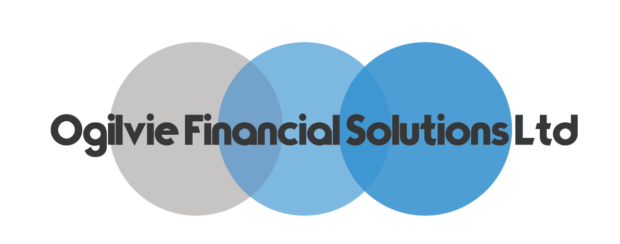No-one enjoys planning for the possibility of their health and…

Who owns your policy?
Who owns your policy?
Getting life insurance in place involves a lot of decision making, and choices around the ownership structure of your insurance policies are as important as any other. Keeping the ownership up to date as your life changes is equally vital.
A good insurance adviser will explain that the structure of the cover is just as important as the cover itself – this is because wherever the ownership is placed is where any pay-out will go.
These are some of the issues around the ownership of both personal and business insurance covers that you need to be aware of.
Ownership of personal insurance policies
All polices can be jointly owned, and it is a good idea to make sure they are – for example, an income protection policy can be claimed by a spouse if the policy holder is incapacitated.
It is particularly important for life insurance policies. If you are in a relationship it makes sense that your spouse will be an owner on the policy – this means the policy will be paid out quickly and easily when it is needed.
If you are the sole owner of your life insurance policy this means the pay-out will go to your estate. If you don’t have a valid will it can take some time to be released. As insurance policies are considered relationship property under the Relationship Property Act, it could also be held in probate for up to six months.
The most common issues around policy ownership come into play when there is a relationship break up.
Firstly, if a former spouse or partner is an owner on the policy and the premium is still being paid, they will receive the pay-out. Secondly, if the policy is paid into the estate and it is held in probate, a former spouse or partner can make a claim on it as relationship property.
We had a client who found out his ex-wife was still paying the premiums on a policy on his life they were both the owners of. She was legally able to do this, and to receive the pay-out when he passed as it would go to the remaining policy owner.
The key is to keep your policies up to date and touch base with your adviser when you have any life changes, as they will know what needs to be done to make sure what you have in place still meets your needs.
Another issue to be aware of is insurance policies purchased through a bank. When you take out insurance with a bank, sometimes they own the policy, which means all the anniversary correspondence goes to them – which can make it hard for you to keep track of ownership, and if the policy is still relevant to your needs.
We recently carried out a review with a client who believed he had an income protection policy with a bank, but on closer inspection it was actually a debt protection policy. He was paying for a certain sum to be insured, however the wording of the policy was that “In the event of a claim we will pay you the lesser of the policy or the debt you owe us”. When we spoke with him he hadn’t owed this bank any money for six years – this policy was out of date and totally irrelevant to him, but he had been paying the premium the whole, time and would have received nothing.
Ownership of business insurance policies
There are some key issues around the ownership of business policies as well.
Where there are multiple shareholders in a business, those parties will often take out life policies for each other to the value of the shares. On the event of a shareholder’s death, their shares will pass to their estate, and the life insurance pay-out to the business will allow the remaining business owner to buy the shares back.
In theory, this works very well. In practice there are a few issues to be aware of, and systems you can put in place to prevent them.
While the shares pass to the estate, the directorship does not. This means there may be one director left, who is now solely in control of the company, and of course all its assets. And while the life insurance pay-out was intended for the company to buy back the deceased’s shares, if the premium has been paid by the company the sole remaining director is in control of that asset, and can quite literally ‘take the money and run.’ This can be true even if there is a shareholders agreement in place, because not all agreements deal with what is meant to happen to an insurance pay-out.
To mitigate this risk, the company needs to set up a ‘Buy/Sell Agreement’ and should set up an independent trustee to own the insurance on behalf of the business.
Keeping up to date
Families can fall out, and so can business partners. Who owns a policy and how it is structured are just as important as the cover itself.
We have seen almost every scenario play out, so we have potential issues front of mind when helping you set up your policies. Having your insurance structured appropriately from the get-go is the easiest way to avoid issues.
It is also important that you see your adviser as part of your support network and get in touch whenever life changes. Doing so means you won’t end up paying for policies that you don’t need, or that won’t do what you want them to when you need them.
If you want to review your policies to make sure they are meeting your needs, get in touch with me by clicking this link.



